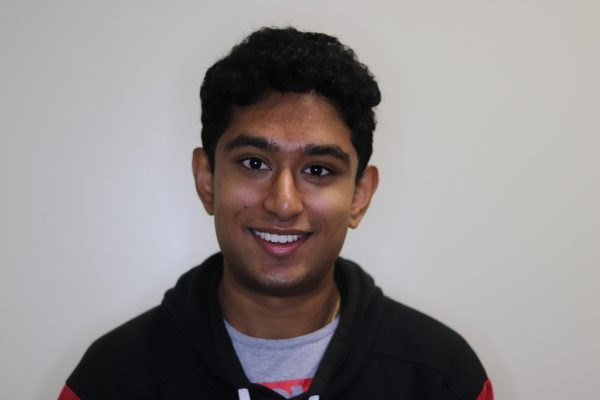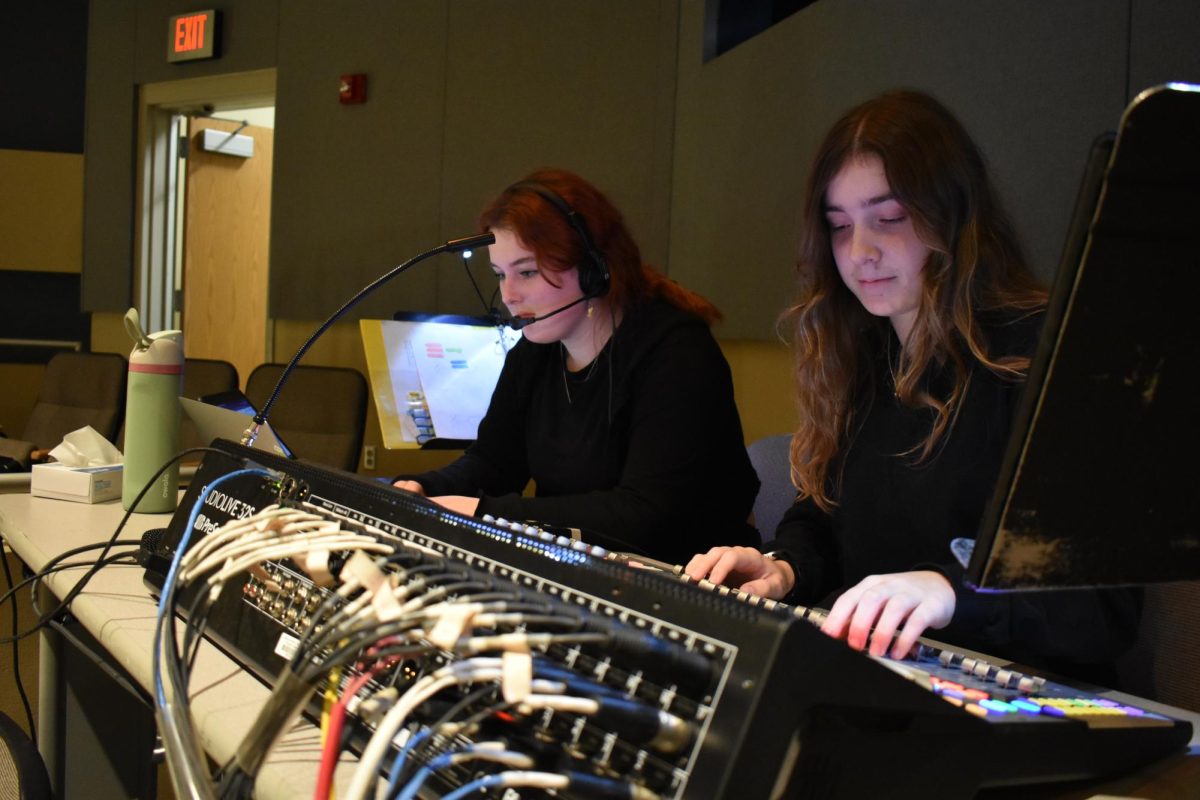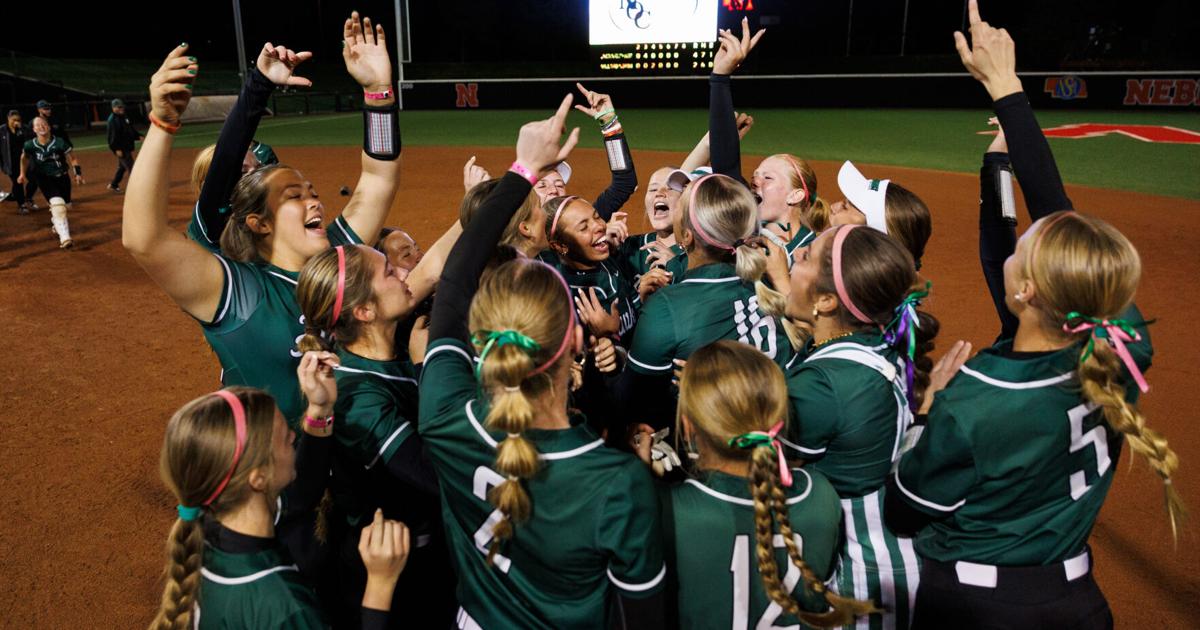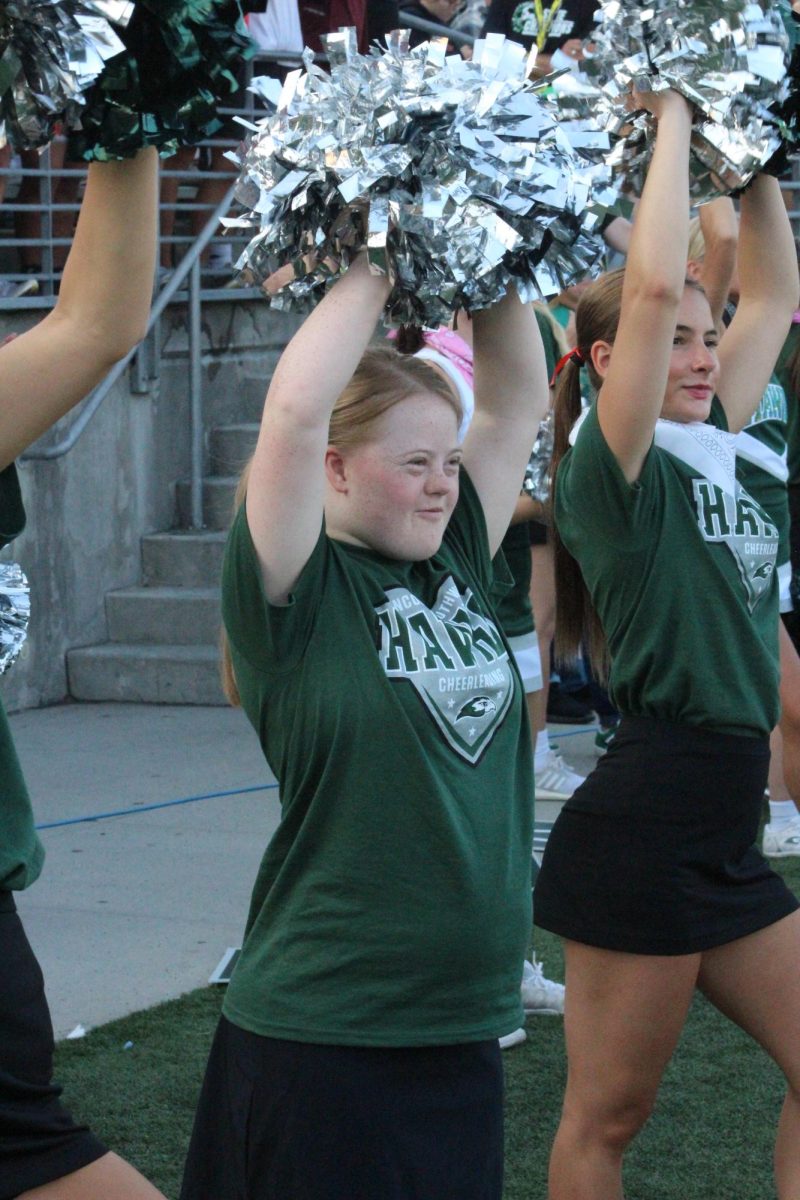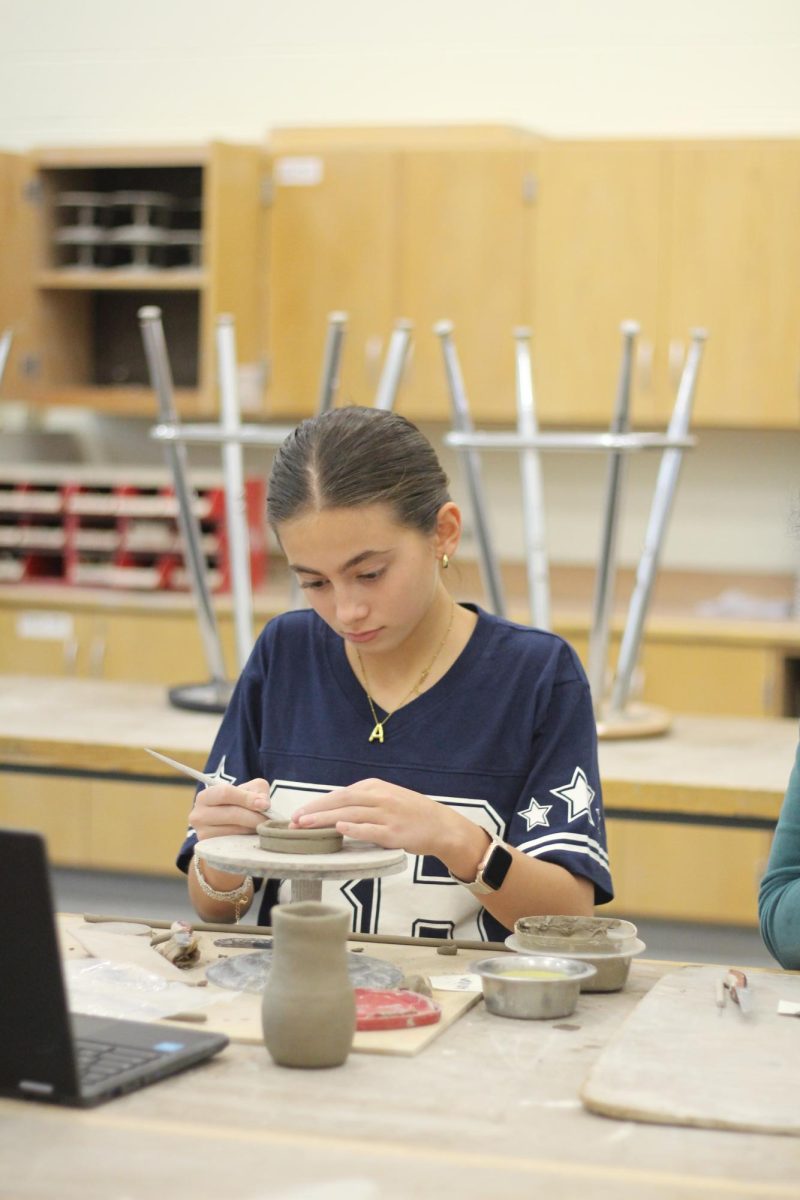Growing up amidst war and conflict can change the course of an individual’s life. Living with uncertainty makes it difficult to know what the future holds. For LSW mathematics teacher Mrs. Shukria Gharzai, this was the first 17 years of her life growing up in Kabul, Afghanistan. The country was going through a difficult time with the Russian invasion, primarily in the 1980s. Gharzai attended an all girls high school and university later on.
Gharzai completed four years at Kabul University majoring in mathematics and physics. From a young age, Gharzai knew that she wanted to become a math teacher.
“I always knew more math than my teachers because they had limited resources,” Gharzai said. “I thought that one day, I will become a math teacher and come back to this place (Afghanistan) and teach all the girls that love math.”
The invasion had begun because of the Brezhnev Doctrine. The Russian city of Moscow had the right to intervene in any country that they felt was threatening the communist government. The conflict had caused millions of Afghanis to flee the country. The government made it difficult for anyone to leave the country legally.
“We were one of the luckiest. We were able to get a passport and come to India,” Gharzai said. “They (the government) wouldn’t let me come (to India) alone. If I left alone and they knew I wouldn’t come back, they wouldn’t allow me to leave.”
Her fiance at the time, Karim, lived in the United States and was working towards his masters degree. She knew she wouldn’t be able to leave Afghanistan without a legitimate reason and paperwork. She had to make up a story that her father-in-law (whom she listed as an uncle) was sick and needed treatment in India. She successfully flew to India where her fiance was able to financially support her until he could file for political asylum in the U.S. and apply for a visa on her behalf. The entire process took 18 months.
When she moved to the U.S, she had to put her career aside in order to support her husband through different jobs in retailing in a department store, working in a daycare and in a sewing business. After 15 years of working several jobs, she wanted to revamp her career and applied to University of Nebraska-Lincoln. Her husband was very supportive of this idea.
“He always looked at me as a career woman,” Gharzai said. “He told me I should be somewhere, accomplish something and should be independent.”
With her mathematics history, she didn’t need to worry about math at UNL.
“I didn’t take a single math class in the USA. All my knowledge of math is back from home,” Gharzai said. “Because I had a family, it took me six years to complete the 80 credits, go to teacher’s college and become a math teacher.”
Upon moving to the U.S, Gharzai certainly had a few struggles. She was working not only to support her own family, but also to financially aid both her husband’s family and her relatives who were scattered around different countries as refugees. Like so many people of color, Gharzai faced discrimination and was even questioned if she could be a mathematics teacher with her accent. However, she never let that hurt her mindset.
“When people say something negative, I never take it personally,” Gharzai said. “I’m always a positive thinker. I look for the opportunities I have and never look at what I don’t.”
Gharzai has taught mathematics for 24 years now. She was a mentor for two years at Lincoln Eastridge Elementary school, then a math teacher for one year at Lincoln East High school, and has been at Southwest since 2003. She has carried her positive mindset and unique knowledge into her class to improve the experience for every student.
“I just don’t teach directly from the book, I always share some of my own knowledge,” Gharzai said. “Some of the shortcuts and methods I learned back at home, forty years ago.”
Teaching is a roller coaster for Gharzai, but being able to positively impact students’ lives brings hope and happiness to her. She believes mathematics is an incredibly important concept to understand because there is an aspect of it in every career.
“Math is everything. There is no subject or anything in the world you see without math,” Gharzai said. “If you have a degree in math, you can do anything.”
Gharzai has lived an eventful life where she could’ve given up multiple times on her dream of pursuing a mathematics career. However, she always stayed passionate about a subject that has meant so much to her since a young age.
“Do something. Don’t just sit and say, ‘I’m not capable.’ Everyone in the world is capable of something,” Gharzai said. “People should try their best and never forget their own country.”




